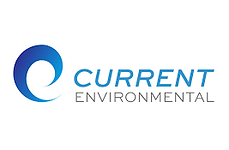Our Mission
To deliver world class long-term research for the protection and management of endangered southern right whales, whilst sharing their story through science, community engagement, education and policy.

What we're working on right now
SCIENCE AND MONITORING
World Class science on threatened species using innovation, technology and expertise
CIMATE ACTION
The Right Sentinel to climate change - linking demographics, health, foraging ecology and climate change.
PROTECTION
Improved protection through MPA development and management and informing national recovery plan targets.
COMMUNICATION AND OUTREACH
Local to Global knowledge sharing and engagement.
"Fewer calves are being born"
The western population of southern right whales in Australia are showing slowed rates of recovery. As an endangered species, with a high level of National environmental protection, this leaves us questioning - what role is climate change playing on the recovery of the species?
What are our key findings?
Celebrating
Celebrating four decades of research on the threatened and endangered southern right whale in biologically important areas for the south western population. Celebrating increasing numbers and expansion of habitat use across their range.
Collaboration
Through national and international collaborations with experts we proved world class research that informs location Marine Protected ares, national recovery planning, and global species assessments. Our data is shared and communicated broadly in national and international repositories such as the Australian Right Whale Photo Identification Catalogue.
Climate Research
Southern Right Whaes are impacted by climate change and are an indicator species of the health of the southern ocean. Our research continues to publish critical science used by policy makers for action to manage anthropogenic climate change.
Collaborators and Sponsors
We are a highly collaborative multi-national and multidisciplinary research program spanning four decades.
Our Research is proudly sponsored and supported by Minderoo Foundation, Curtin University, Flinders University and Current Environmental.
Minderoo
Foundation
Flinders
University

Current
Environmental

Curtin
University








